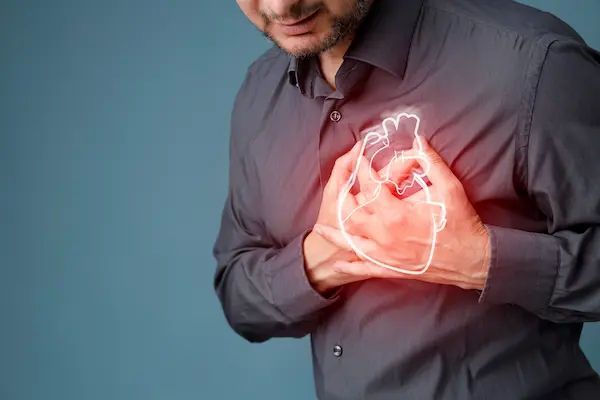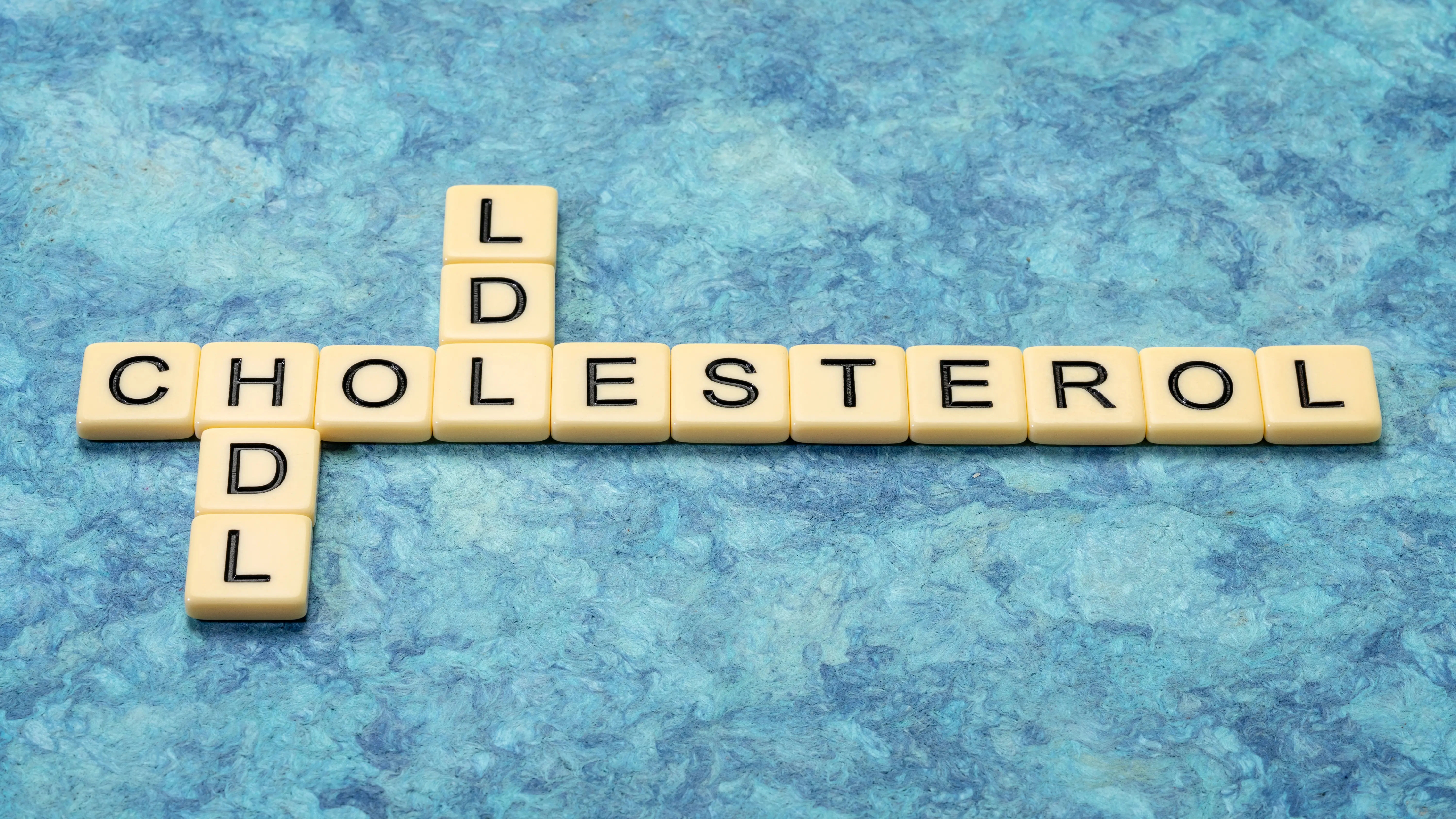- male
- 60 Years
- 07/02/2025
I'm really worried about my dad. He suddenly started having this pain on both sides of his chest and hes having trouble breathing. The pain gets really bad when he walks or even with the slightest movement. We got his ECG, CBC, and Trop T reports done and they all came back normal, but it's been four days and he hasn't felt any better. What could be causing this and what should we do next?
More Cardiology Health Queries
View allI've noticed my heart rate goes up to 110 or 120 beats per minute when I eat breakfast or lunch, and then it drops back to around 90 afterwards. I'm keeping track of this with my smart band. Is this something I should be concerned about?
No need to worry thats common,you can ignore it
Answered by 1 Apollo Doctors
I'm 20 years old and I've been diagnosed with sinus tachycardia. I also have an overactive thyroid, and I've been told my heart's right ventricle is a little bigger than the left. Could all of this be a serious health risk?
Sinus tachycardia in the setting of an overactive thyroid can sometimes lead to complications, especially if left untreated. The enlarged right ventricle may be a result of the increased workload on the heart due to the tachycardia. It is important to manage both the thyroid condition and the tachycardia to prevent further complications. Medications such as Propranolol can be used to help control the heart rate and symptoms. Regular monitoring by a healthcare provider is essential to ensure proper management of your condition.
Answered by 1 Apollo Doctors
I'm worried about my cholesterol and triglyceride levels; they're at 255 and 320. What lifestyle changes can I make to improve these? Also, are there any over-the-counter meds that are safe for bringing my triglycerides back to normal? I could really use your advice.
To lower your cholesterol and triglyceride levels, you should make the following lifestyle changes: - Follow a healthy diet low in saturated fats, trans fats, and cholesterol. Increase your intake of fruits, vegetables, whole grains, and lean proteins. - Engage in regular physical activity such as brisk walking, jogging, or swimming for at least 30 minutes a day. - Maintain a healthy weight and avoid smoking and excessive alcohol consumption. As for over-the-counter medication to lower triglycerides, you can consider using fish oil supplements. Omega-3 fatty acids found in fish oil can help reduce triglyceride levels. The recommended dosage is typically 1 to 4 grams per day, but it's important to consult with a healthcare provider to determine the appropriate dosage for your specific situation.
Answered by 1 Apollo Doctors
Disclaimer: Answers on Apollo 247 are not intended to replace your doctor advice. Always seek help of a professional doctor in case of an medical emergency or ailment.



_3.webp)


